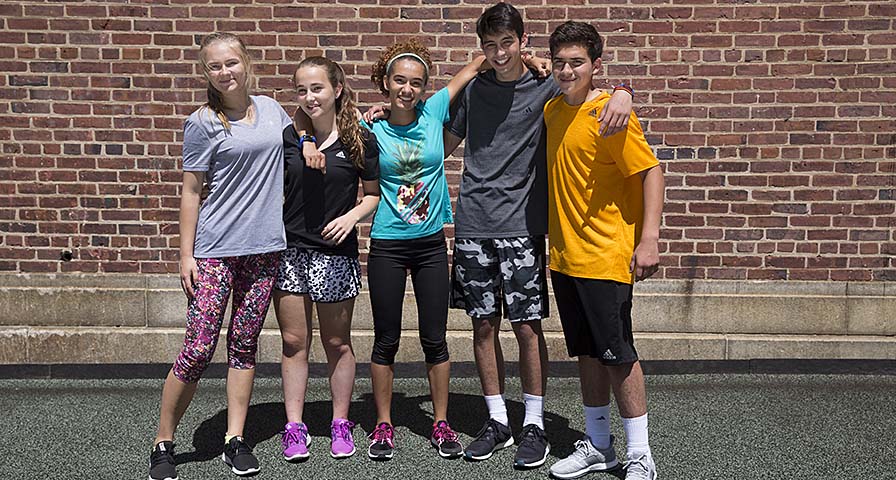Assessment of Social Skills Documents Growth, Identifies Areas that Need Continued Focus
Students across Massachusetts develop more than fitness skills in their PE classes. Social and personal skills – known as Social-Emotional Learning – remain a key focus.
“We focus on SEL because it works so well with the PE National Standard 4,” said Melonie Bennett, the Braintree Public Schools Director of Physical Education and Health.
During the 2017-18 school year, Braintree became one of the many districts across Massachusetts to include SEL as a key part of their health and PE curriculum.
SHAPE America’s Standard 4 reads: “The physically literate individual exhibits responsible personal and social behavior that respects self and others.”
When told by the State Board of Education that SEL had become a priority, Massachusetts Association of Health, Physical Education, Recreation and Dance (MAHPERD) Executive Director Maria Melchionda developed a plan for teachers to assess student proficiency and record the data and track progress.
“One of our main initiatives is teaching the whole child and so SEL’s a really important piece of our strategic plan,” said Jamie McCarthy, Cambridge Public Schools K-12 Curriculum Coordinator for Health, PE and Wellness. “It happens so naturally in our class and it’s part of our curriculum.”
Curriculum Consistency Across Multiple School Districts
To track those progressions, Melchionda worked with Interactive Health Technologies, LLC to create a unique SEL curriculum that is used state-wide. The state-wide assessment platform resides inside the IHT Spirit System® software. Participating teachers utilize rubrics that focus on grade-level SEL standards that correlate to national PE outcomes.
“This is a huge, big step in the right direction for the PE world in general, not just Cambridge,” McCarthy said. “I don’t know of any district or any place that has a collection system like this that’s content-specific to PE.”
Teachers access their grade-specific SEL rubrics from the Spirit System and assess those skills along with the standard outcomes (fitness skills). While first-grade students practice throwing and catching, for example, teachers also assess students’ behavioral habits.
“For decision-making for a first grader we’re looking for students to be able to accept personal responsibility by using equipment and space appropriately,” McCarthy said.
Students are graded based on the level of mastery of each Social-Emotional Skill:
- Level 1: not yet- demonstrates skill with teacher guidance or not at all
- Level 2: emerging- demonstrates skill on occasion with reminders
- Level 3: maturing- demonstrates skill often and in a variety of situations
- Level 4: applying- demonstrates skill on a regular basis in a variety of settings

With participating schools using the same rubrics, reports that teachers generate show district administrators and state regulatory agencies consistent skill development.
“We have never had a clearinghouse for data in the state of Massachusetts for physical education,” Melchionda said. “What we’re actually looking for are skills progressions and skill proficiency.”
Quarterly Assessment Reports Help Teachers Drive Skill Improvement
MAHPERD’s SEL protocol asks teachers to assess students quarterly, but in reality, teachers assess students during every session. They run reports quarterly during the school year.
“That provides us with solid data,” Bennett said. “We can see if the students have improved or not.”
As they grow throughout each year, most students show improvement, both in their physical fitness and social development. When students struggle, the data helps teachers identify exactly what students struggle with. They use the data to create student improvement plans.
“The other piece that’s really important is often times when students are struggling or having challenging behavior, it’s difficult to identify what it is that they’re actually struggling with,” McCarthy said. “Is it responsible decision-making? Is it self-awareness? Is it social awareness? Actually identifying the area of improvement has been really helpful in creating individualized support plans for students.”
PE at the Forefront of Whole-Child Development
By focusing equally on students’ social development and physical fitness, Massachusetts PE teachers are now meeting their administrators’ task of contributing to whole-child development.
“I was asked to align my curriculum with SEL standards, meaning that SEL should be embedded into all that we do,” McCarthy said. “If every teacher is doing that in every discipline, then you know that is really helpful in actually meeting the needs of the whole child. For me, this [curriculum] is kind of our way of meeting those needs.”
At the state level, Melchionda will use the data to reinforce the essential role PE plays in each student’s overall education. Research continues to link fitness with academic and SEL development. With assessment data gathered by the PE teachers, she hopes to provide tangible links so the state will continue to invest in PE.
“The data we have now is very valid because it reflects how students do compared to the national standards for physical education,” she said, noting all that can be accomplished in PE classes. “The brain-based research is out there. Physical education enhances academics. Physical education is academics, first of all. I want children to be healthy and fit every single day of their lives. When they are, they can learn and those neurons start firing off. You’re helping produce parts of the brain that are going to help them process better. They are going to want to learn.”
Seeking IHT Spirit System information?



